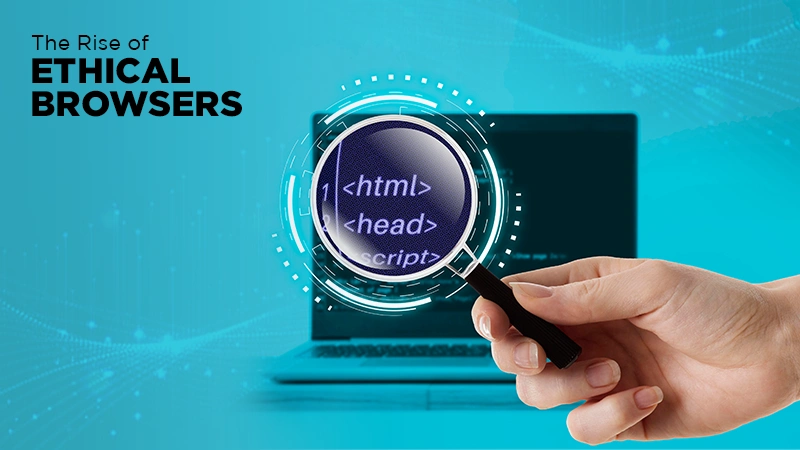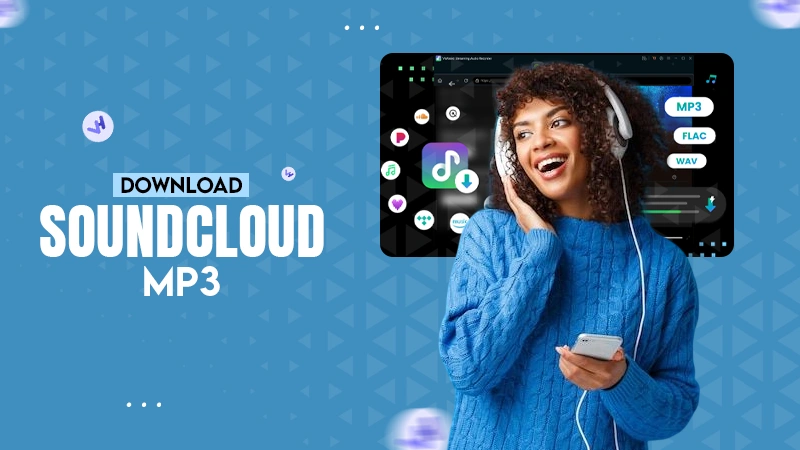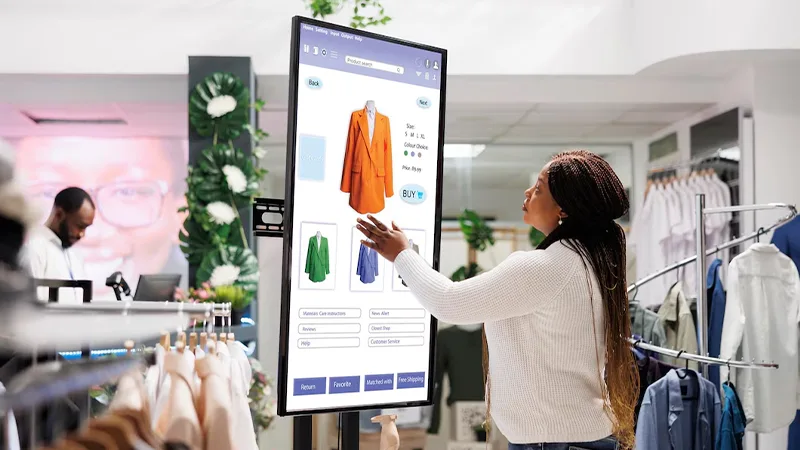Artificial intelligence has emerged as a transformative technology across nearly every modern industry, and SEO is no exception.
As search algorithms grow more advanced and online competition rises across niches, using AI presents an immense opportunity for brands to accelerate processes, unlock user insights, and make data-informed decisions guiding organic growth.
In 2024, AI and machine learning will be the major factors in our search and website enhancement strategies.
Read on for eight impactful ways to integrate SEO-focused AI tools over the coming year. Also, know about MyFavouritePlaces.org:// Blog by reading this article.
Why Use AI for SEO in 2024?
Before getting into its specifics, let’s see why you really need AI for SEO in the first place.
Realistically speaking, AI pretty much automates the whole process. It removes all the repetitive, low-value manual work that leaves you time to focus on the strategic high-ROI activities
Previously, manual tasks like tracking rankings or writing basic content could shift to automation.
Aside from this, machine learning can also help detect sophisticated connections in vast datasets beyond human cognition.
For example, you can use it to detect historical trends, keyword associations, and micro-content relationships at scale. These insights refine SEO targeting and effectiveness through a data-first approach.
Finally, with Google continuously updating its search algorithms, AI adapts to the latest ranking factors and patterns faster.
These tools can easily scan through millions of data points and identify patterns that can help marketers grow individual sites out of obscurity.
DID YOU KNOW?
65% of businesses generate better SEO results thanks to AI. And more than 67% also see an improvement in content quality when using AI.
How to Use AI for SEO
Now let’s explore tangible applications of artificial intelligence across key SEO activities and strategy.
Keyword Research
You know, instead of relying on manually entered seed terms, AI-powered tools like SEMrush, Sensei, and Frase can expand discoveries through natural language processing, by revealing semantic keyword connections in related content. This can help in improving the reach of your site by targeting long-tail keyword combinations that are otherwise overlooked.
AI can also predict future search trends to reveal rising queries worth targeting early before competition spikes. Machine learning assessments of historical seasonality, news events, and industry developments inform projection accuracy.
Content Creation and Optimization
Using AI content generation tools like PopAi produces initial drafts for human refinement at scale by interpreting outlines and raw information. Natural language processing limits plagiarism risk by embedding the keywords together.
AI assistants can also help in optimizing the on-page elements like meta descriptions, image alt text, missing headers, and body formatting to improve engagement and conversions on your posts.
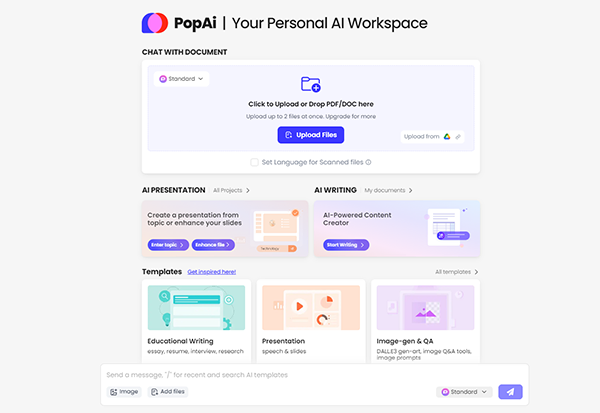
Producing optimized content at scale poses immense time barriers without assistance. That’s why using an AI writer speeds up drafting SEO-aligned articles or outlines to feed into human refinement workflows.
By taking advantage of the topical details around specific keywords, you can compose drafts that can improve your organic visibility through search rankings and user engagement.
User Experience and Personalization
By analyzing visitor behavior patterns related to browser use, location, referral sources, and on-site clicks, AI helps to personalize experiences for improved conversions. It can customize the relevance of content, navigation, calls-to-action, and layout based on user preferences, which boosts satisfaction.
Voice Search Optimization
Voice search is becoming a major part of search, and many people use it to look for things online like retail locations and restaurants. AI is necessary for optimizing voice-focused results. Tools assess spoken sentence tone, structures, and emotional sentiment to enhance featured snippet rankings.
Backlink Analysis and Outreach
You need to sort through thousands of referring domains to check if the backlink is a good one or just plain spam. This is pretty much an impossible task if you’re going at it manually.
Link analysis AI tags relationships detected between brands and sites as it benchmarks link equity scores against competitors to reveal partnership opportunities.
On-page SEO Automation
Aside from helping with content generation, SEO-centric AI fixes and optimizes the content on your published pages by detecting quality issues or limitations to make it ready for better crawling.
Structured data markup implementation also simplifies for rich search appearances.
Social Media Integration
AI complements search visibility through enhanced social media content curation and scheduling tailored to each platform’s algorithms.
Sentiment-tuned wording, optimal posting times, and engagement analytics inform effectiveness.
Data Analysis and Performance Tracking
Machine learning comprehensively tracks SEO KPI changes beyond manual dashboards to fuel data stories revealing why shifts occur.
Patterns related to rankings, organic traffic, and conversions inform strategic next steps.
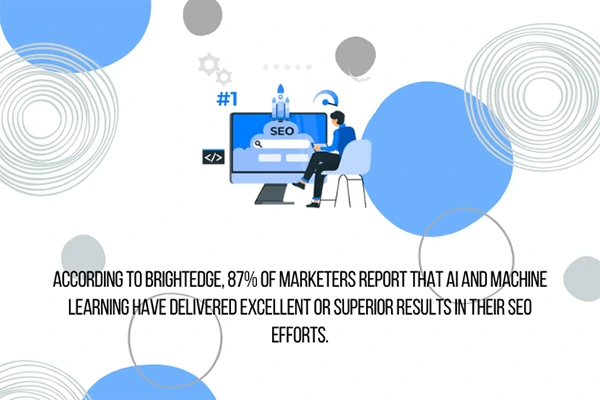
Conclusion
As SEO complexity increases amid rising searcher sophistication, artificially intelligent tools provide the quantitative edge needed to expand organic growth and remain competitive.
In 2024 specifically, brands not integrating SEO-tailored AI through keyword research, content production, technical optimization, campaign analysis, and beyond risk ceding visibility to those leveraging automation.
You need to prioritize machine assistance for high-volume repetitive tasks as well as next-level data analytics that are just beyond human capability.
With the right AI adoption strategy personalized for your SEO program’s size and focus, unlock enhanced achievements across key objectives this coming year.
Also Read: Subtitles Improve Customer Engagement

